Self employment can be liberating or terrifying, depending on the day. The joys of being your own boss and pursuing your dream come along with the struggle to maintain a stable income and the risk of failure. Plus, without the fixed salary that comes along with traditional employment, it can be difficult for self employed homebuyers to secure a mortgage. With the tips we have for home loans for self employed homebuyers, you will know just how to go about securing that all-important mortgage. It takes a little extra work, but it is still possible to find home loans for self employed professionals.
Home Loans for Self Employed Borrowers
The first difficulty you will face is proving your income. Lenders need to ensure that you will be a worthy borrower (i.e., one who is able to make every payment fully and on time), but without a yearly income, they will ask for another form of evidence: tax returns. Generally, lenders ask to see two years of tax returns, so it’s important that your income has been stable for those 24 months. If you’ve only stabilized your income in the last 6 months or so, you are not an ideal candidate for a home loan. Home loans for self employed borrowers are not impossible to find, but they do require that you have a reliable monthly income.
Of course if your income has been increasing, you could always work to get a more modest mortgage approved, one that complements the lowest income you’ve had in the past 2 years. So if, for example, you are currently making $100,000 but last year you only made $50,000, you will probably be able to qualify for a loan of $50,000-$75,000.
Depending on the lender, you may also have to verify that your business does in fact exist. Sometimes two years of tax returns is adequate; other times, a lender may ask for further proof, which could come in the form of a statement from your accountant, a business license, website and client statements, or copies of 1099 income statements.
Next, it is vital that you have a good credit score. Without excellent credit and a sizable down payment, it will be much harder to prove to lenders that you are a trustworthy and financially responsible adult. And even then, expect that you will have to pay higher interest rates than the ones advertised on mortgage websites, which are typically only for “prime borrowers.”
Be aware that you will have to work with the IRS to make the process possible. Complete IRS Form 4506-T to allow mortgage lenders to request tax transcripts. Your lender will process your application when the tax returns have been recorded by the IRS and sent to them by the IRS (not you).
Also, be aware that the income amount mortgage lenders will use is the net income you reported to the IRS at tax time. Most self employed professionals report their gross income minus business expenses, but while this lower net income is beneficial at tax time, it can backfire when you decide to apply for a mortgage. However, realizing that home loans for self employed borrowers are more complicated, some lenders will work with you to approve the loan if you have a legitimate, steady income and valid expenses.
As you can see, finding home loans for self employed borrowers isn’t impossible and, depending on the health and dependability of the borrower’s finances, may even be fairly simple. It’s all about proving that you are a worthy and reliable applicant.

